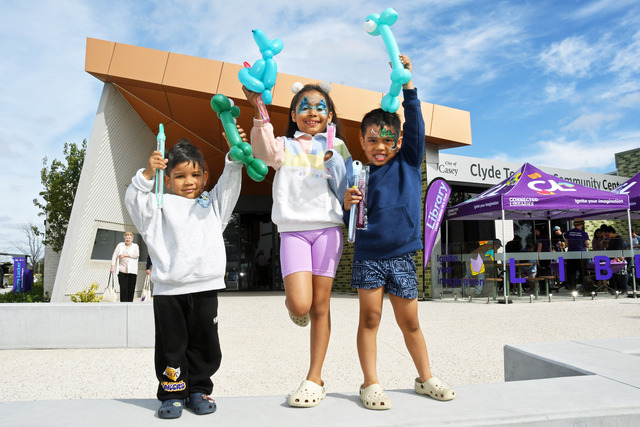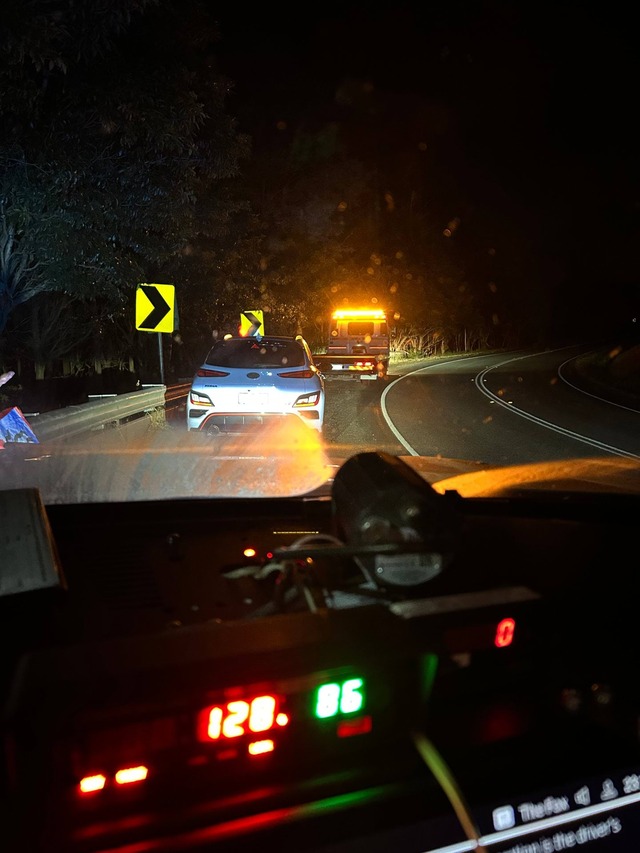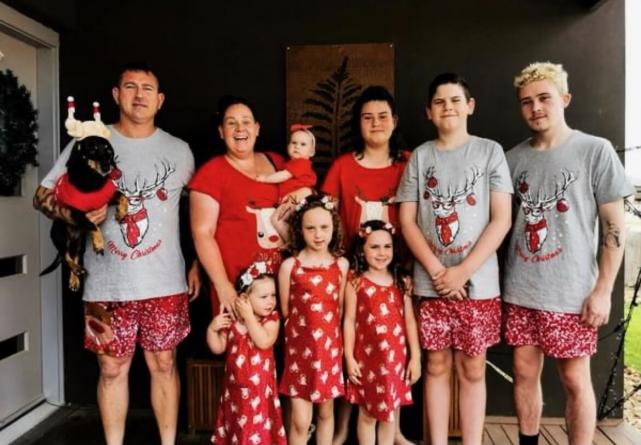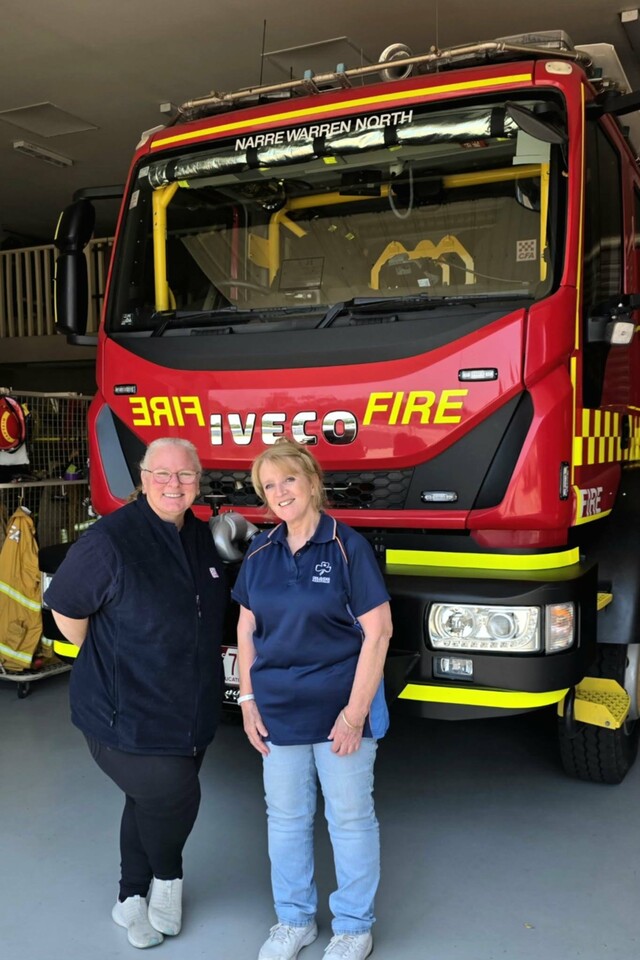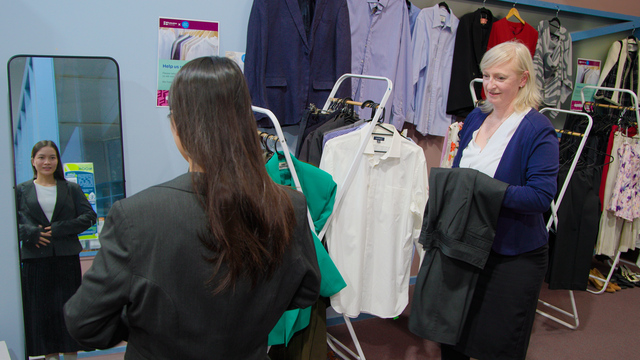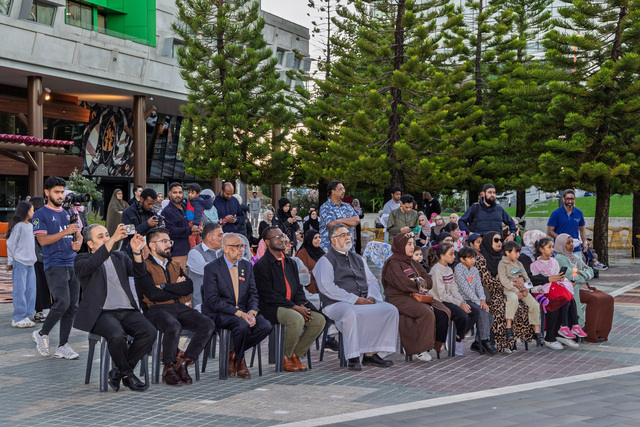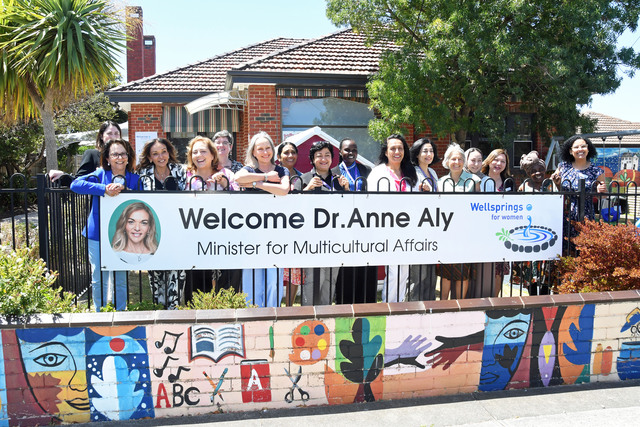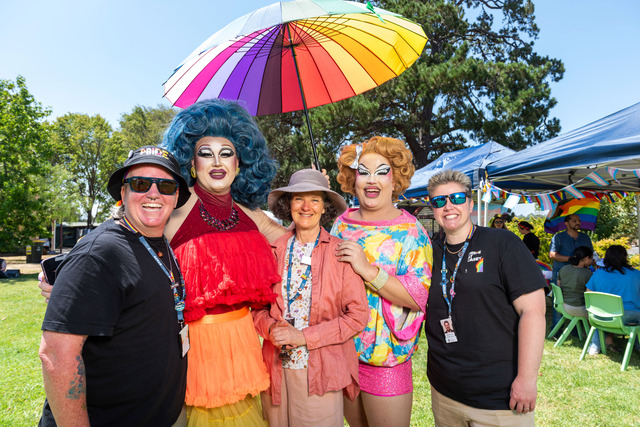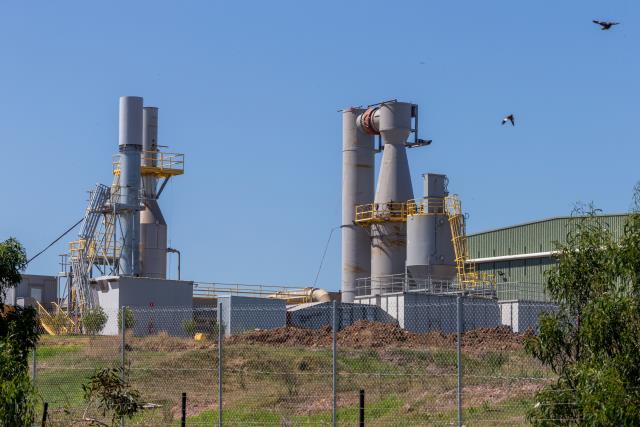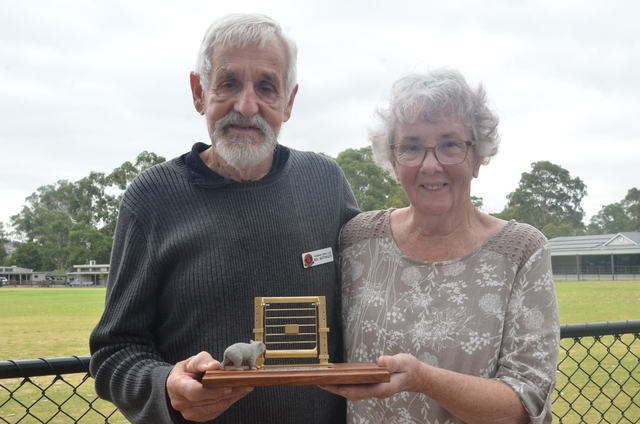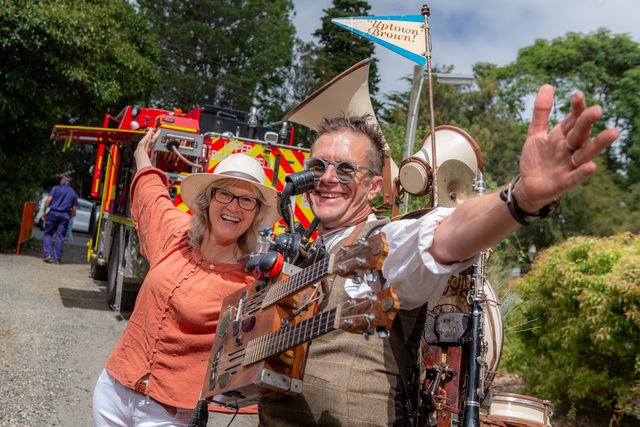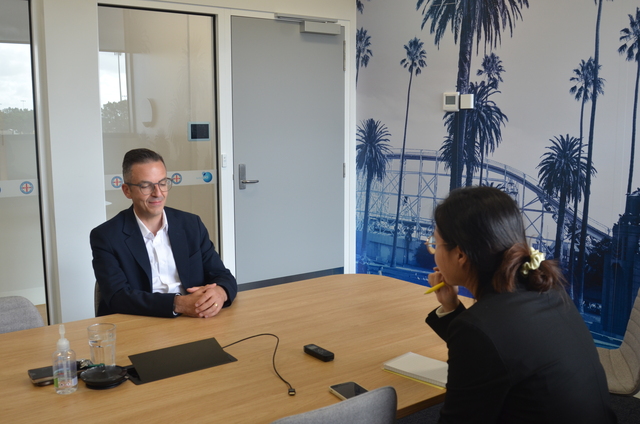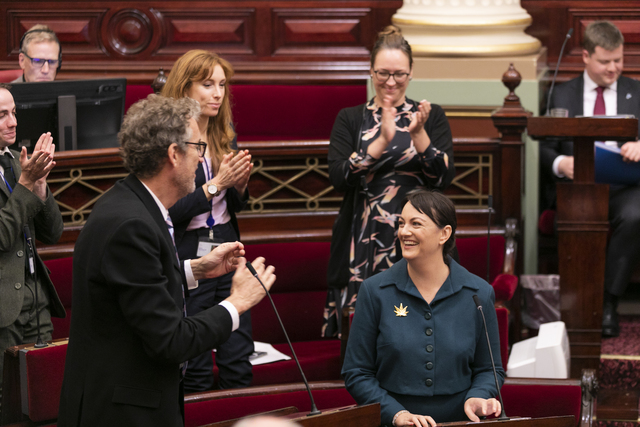By Sarah Schwager
A CRANBOURNE marriage celebrant has spoken out against the Federal Attorney-General’s decision to increase celebrant appointments in September.
Dawn Dickson expressed her concern about Philip Ruddock’s decision to increase the 10 per cent cap on celebrant appointments to 20 per cent.
The secretary of the Association of Civil Marriage Celebrants of Victoria, Ms Dickson said members were furious after finding out 840 celebrants were to be appointed in September, adding to the 4200 marriage celebrants already in Australia.
“Our statisticians are telling us that with 110,000 marriages in Australia each year there will be about 21 weddings per celebrant per year but, as civil marriage celebrants only perform about 60 per cent of that total number, it’s actually closer to 14 weddings per year,” she said.
“This would not earn a celebrant a wage.”
Ms Dickson, who has been in the business for 30 years, said the association’s 200 members were already taking reduced bookings.
“Yet it seems that no consideration has been made of our situation,” she said.
She said an influx of registered marriage celebrants was due to unemployed people doing the course through Centrelink and more people enrolling in training colleges.
“It’s a Catch 22,” Ms Dickson said.
“It takes quite a bit of money to establish yourself in the business. It took me 16 years to be appointed.”
She urged people considering getting married to choose a member of a professional organisation to help keep the standards up.
Ms Dickson said Attorneys-General from Lionel Murphy to Daryl Williams, believed appointments of marriage celebrants should be needs-based.
“With more celebrants being appointed, the standards will drop and the fees will drop. It’s all tied in together,” she said.
She said the association believed that the present Liberal Government seemed intent on destroying what had taken so long to achieve.
However, Mr Ruddock said he believed the Government was acting in the interests of the consumer.
“There has been an extraordinary and ongoing level of interest in the Marriage Celebrants program since 2003,” Mr Ruddock said.
“These long waiting lists would have led to a huge influx of marriage celebrants in September 2008 if nothing was done.
“I am also concerned that long waiting times result in a significant time lag between people completing their training and being able to put it into effect.”
Mr Ruddock said he had already taken into account the concerns of people about the availability of suitable marriage celebrants in their local areas.
He said he had decided the increase in marriage celebrants would be 20 per cent of the total number of celebrants across Australia to give existing marriage celebrants time to adjust to the demands of the open market.
No celebrations for celebrants
Digital Editions
-
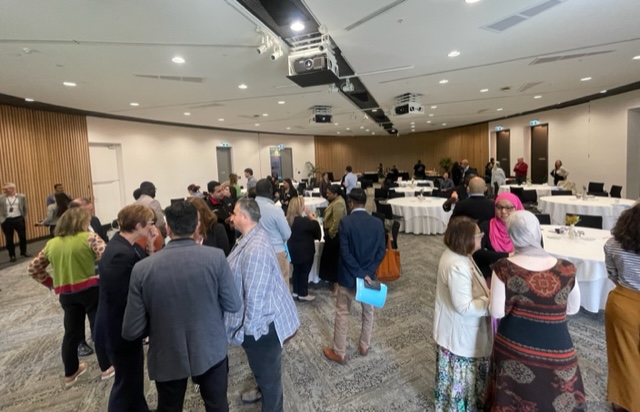
Funding call to further combat racism
An anti-racism support network has provided its first insights after a year of documenting racism across the state, the first of its kind in Australia.…

